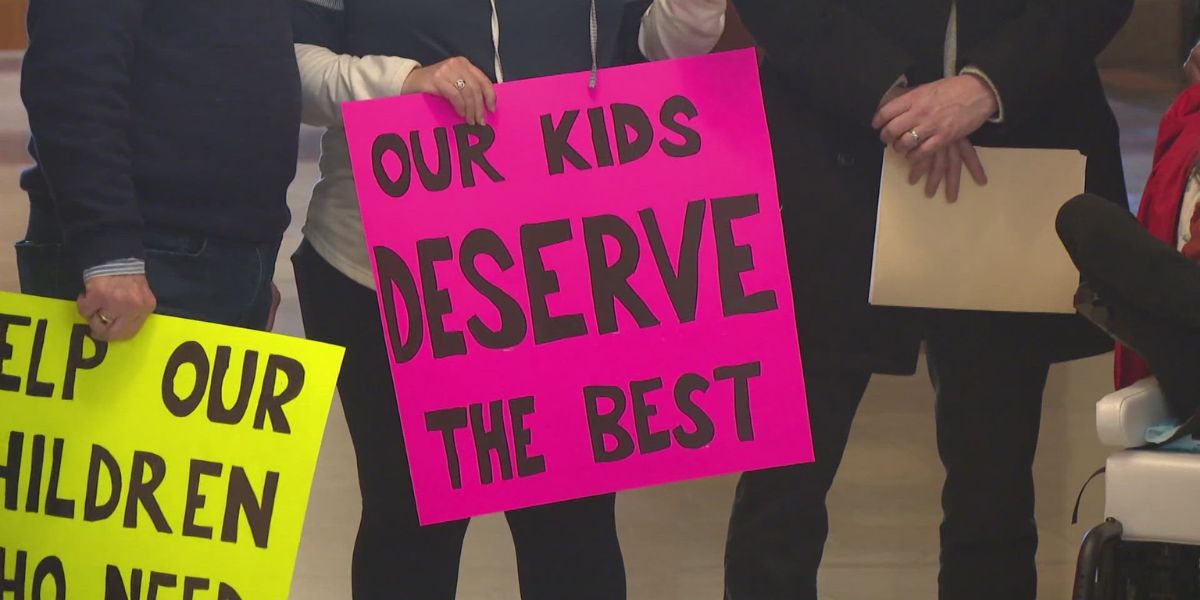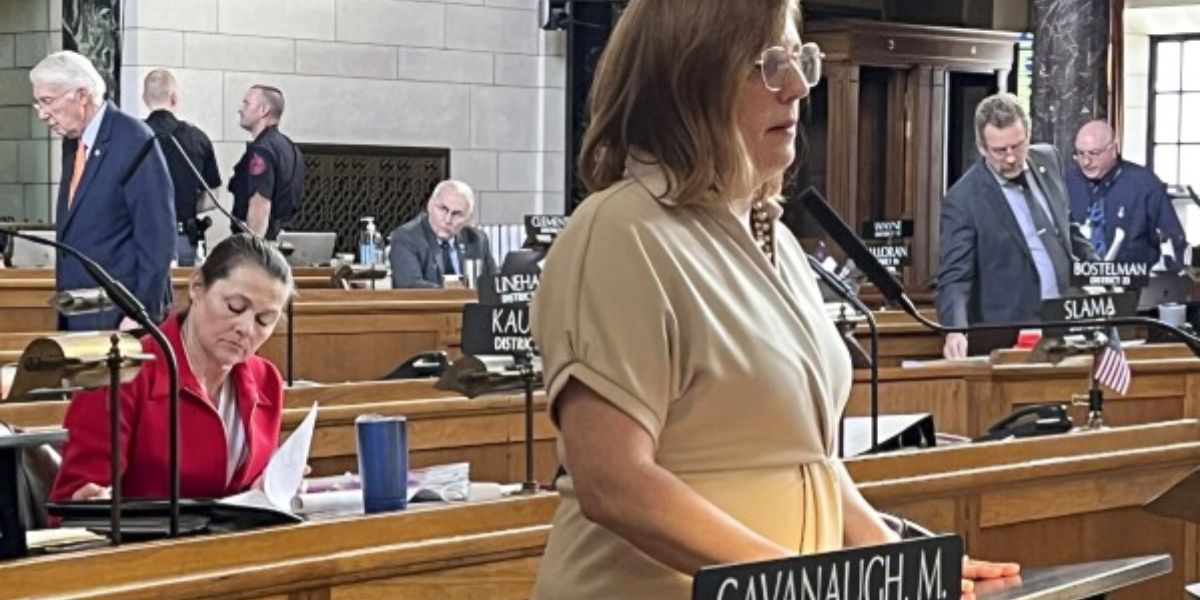Nebraska Legislators Block Bill Limiting Transgender Student Participation
In Nebraska, a bill that would have kept transgender kids out of school bathrooms, locker rooms, and sports teams that match their gender identity failed on Friday to get enough votes to move forward. Nebraska is a very conservative state.
Bill 575, which was written by Sen. Kathleen Kauth and called the “Sports and Spaces Act,” would have limited students to teams and venues for the gender they were given at birth. A changed version would have gone even further by not letting students take male hormones from girls’ teams, even if they were given female at birth. This would have kept transgender men from competing in any sports.
The bill failed by a vote of 31 to 15, which made protesters outside the room cheer. It needed 33 votes to end a filibuster. Sens. Tom Brandt and Merv Riepe, who had cosponsored the bill at first and were supposed to vote in favor of it, did not.
With only four days left in the year, the plan is no longer being considered.
Its sudden return this session caused some chaos in the Legislature for a short time. It had been stuck for more than a year when all of a sudden, on Thursday, it was passed out of committee and will be debated on Friday.
Kauth said that letting transgender people play on women’s teams is “a significant barrier for female athletes to compete in sports” and that the bill “protects women’s sports.”
She said that “there is a significant sports performance gap between the sexes” and that “this bill protects sex inequality.”
It got heated early on, and Omaha Sen. Megan Hunt called out Kauth by name.
“This is not about protecting women,” Hunt, who is bisexual, said. “It’s about how dangerous and powerful a bigot’s mind can be, Sen. Kauth, and the people who would support this bill.”
The presiding officer of the Legislature told her not to speak badly about other politicians after another senator complained. Because of that, Hunt asked her coworkers to punish her.
She asked, “Do you know how hard it is to be a gay kid?” “People are picking on you. You’re getting hit up sometimes. And laws like LB575 make that okay.”
In the past few years, many Republican politicians have tried to limit the rights of LGBTQ+ Americans. This includes policies like the Nebraska bill’s limits on sports and bathrooms. More young people are coming out as LGBTQ+, which is why Republicans are making a national push.
At least 24 states have rules that say transgender women and girls can’t play in certain girls’ or women’s sports. Five of the six states that border Nebraska are among these: Iowa, Kansas, Missouri, South Dakota, and Wyoming.
Eleven states, like Iowa and Kansas, have rules that say transgender girls and women can’t use the girls’ or women’s bathrooms at public schools or sometimes other government buildings.
It was a surprise that Nebraska’s bill didn’t pass, since Republicans control the state government and Kauth’s companion bill, which banned gender-affirming surgery for anyone under 19 and severely limited gender-affirming drugs and hormones for minors, passed last year.
A 12-week ban on abortion was added to that bill, and it passed. The governor then signed it into law. A case against the hybrid law is going through the courts right now.
Some 49 members of Nebraska’s Legislature must agree with 33 of them in order to end debate on a bill that is being filibustered. Lawmakers in the Legislature say they are not affiliated with any political party, but most of the time they vote with their party in mind. 33 seats are held by Republicans.
During Friday’s debate, Republicans Sens. Brandt and Riepe said they didn’t think it was necessary to pass a bill that would make it harder for transgender kids to use bathrooms and play sports. Brandt said that the state’s high school athletics group already has rules about how transgender students can compete.
Riepe said he changed his mind after meeting transgender families in his area. He said that the bill was trying to solve “a problem that does not exist.”











